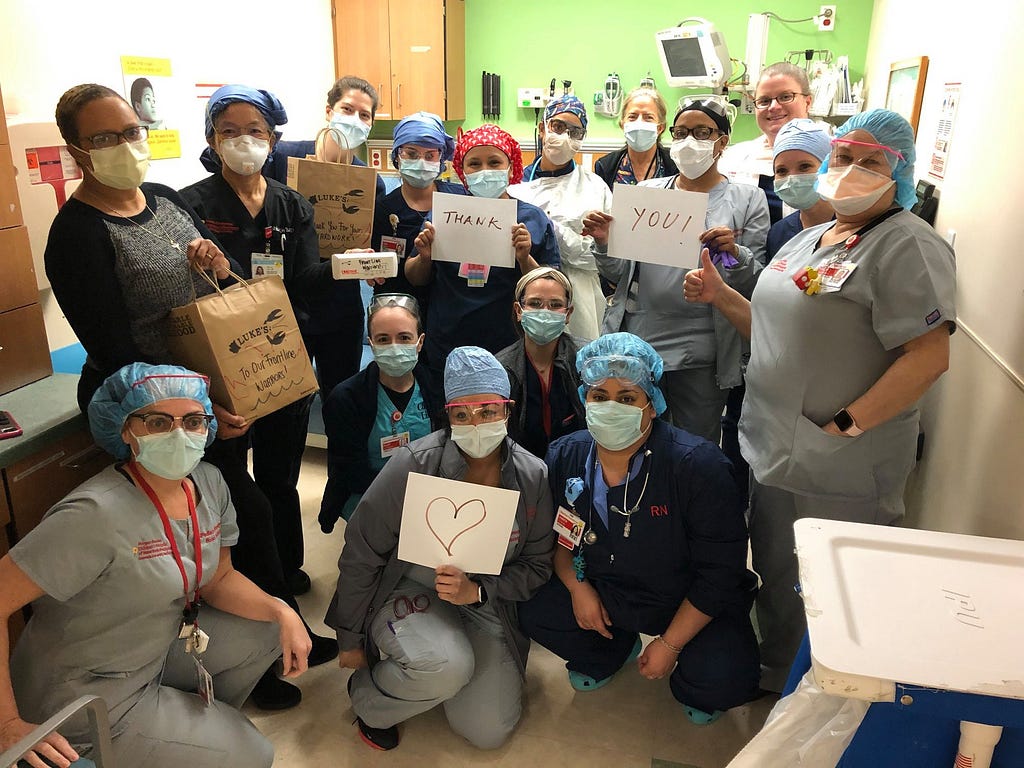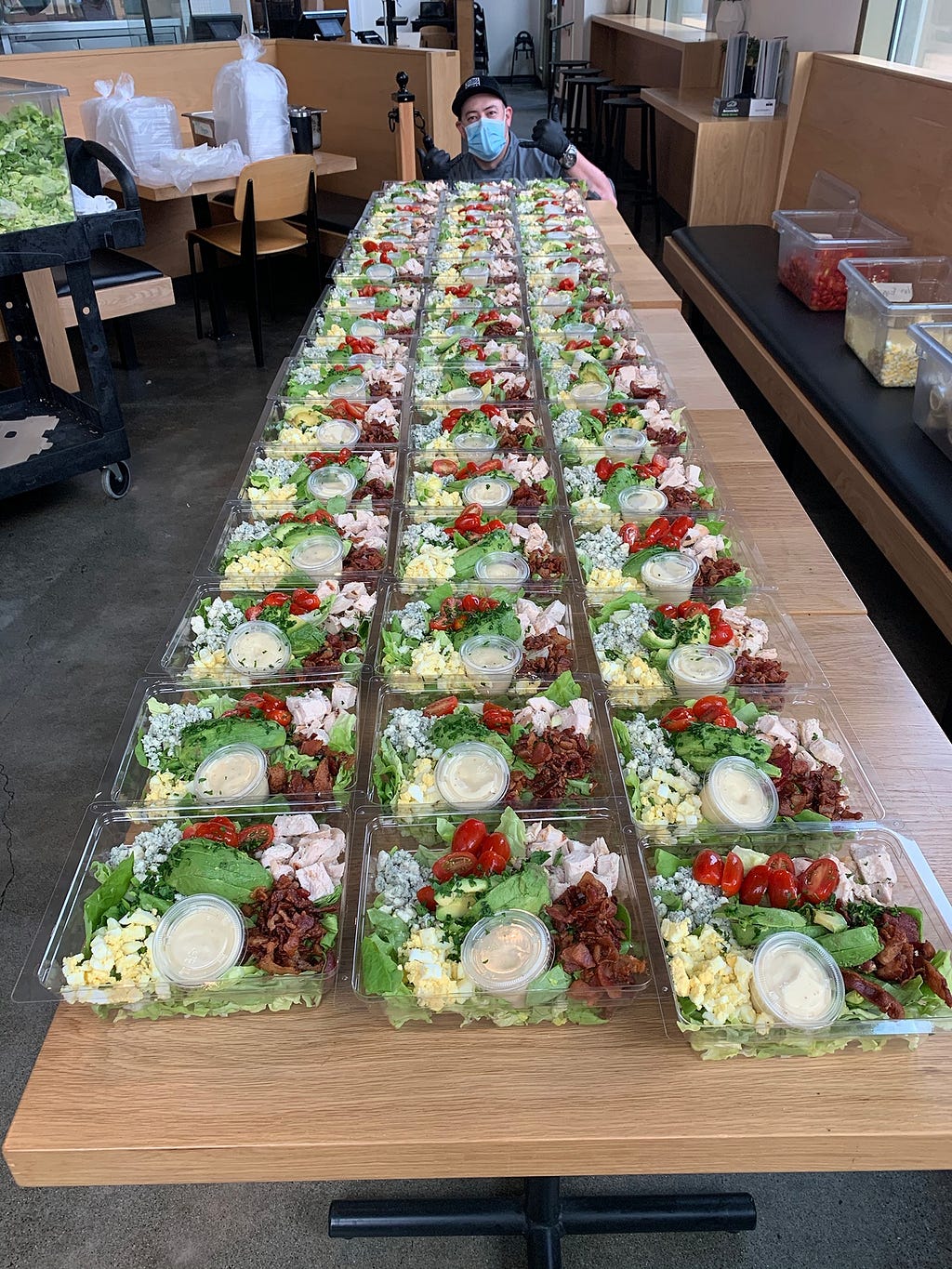Highlights from a Conversation with B Corp Leaders from MIXT, Gaia Herbs and Luke’s Lobster

How does operating a company as a Certified B Corporation affect your decision-making? Quite a bit, as we learned when we got to sit down last month for a webinar with three B Corp leaders—Leslie Silverglide, co-founder and CEO of MIXT, Angela McElwee, president and CEO of Gaia Herbs, and Ben Conniff, co-founder and chief brand officer of Luke’s Lobster—to learn how they navigated their teams and communities through the early turbulent COVID-19 waters.
Watch the webinar and read highlights below:
Key Traits That Lead to Success Among All Stakeholders
There are three traits that connected the three leaders: trust both internally with their teams as well as with their customers; transparency; and a deep-felt responsibility and commitment to being a steward of the environment. These three characteristics influenced many of their key decisions.
Hard Circumstances Lead to New Business Opportunities
Silverglide and Conniff faced different supply challenges and business realities than McElwee. Silverglide and Conniff had to close restaurant locations due to local health requirements brought on by the virus, leading to layoffs or furloughs.
While they had to act quickly, each became more nimble and found more space to rethink their business. In the case of Luke’s Lobster, this resulted in what is fast becoming a successful e-commerce business and diversified offering, expanding into other shellfish and fish. For MIXT, it meant amplifying its already solid carryout business and taking product it couldn’t use at the restaurant to build a dynamic community and front-line worker food program.

Short-Term Fix or Long-Term Vision?
McElwee and Gaia Herbs found themselves at the other end of the spectrum. With record sales growth in a month as more people turned to herbal health remedies, Gaia began to run out of key products, such as echinacea. There was such a run on the herb that Gaia’s long-trusted farming partners couldn’t keep up with the demand. Could Gaia find alternatives? Sure, but at the risk of sacrificing the quality. Not an option.

MIXT held true to its core competency: creating healthy meals, rather than expanding to be a grocery outlet as some restaurants have become. Would this have kept a few more employees on? Yes, it raised questions about how it would affect the business in the long run.
Hardest Decision
In turn, Conniff and Silverglide had to lay off part of their teams as well as pause working with some key partners. Luke’s Lobster works with 200 lobstermen who predominantly fish for only for the B Corp, so they needed to make difficult short-term choices so that they could pay the lobstermen who depend upon them. Because both of these leaders have companies known for their trust and transparency, vendors and team members understood. As they’ve been able to rehire people, former employees are coming back.
Biggest Lesson
The pressure cooker that is COVID-19 forced each company to become razor-focused. Each of the leaders came to realize just how nimble and agile the teams became, and how important communication and transparency are to keep teams together.
Will B Corps Become the New Normal of Business?
Hopefully. Business schools are showing that more graduates are choosing to join purpose-driven companies over traditional organizations or to start their own social mission operations. Purpose-driven companies are beginning to enjoy greater long-term returns and less worker turnover. It’s regenerative economics in action.
There are a few purpose-driven legal entity options now for companies of the future: B Corps, hybrid models, ESOPs. Later this summer Conscious Company Media will have an education series with legal experts who will share the pros and cons of each model.
How to Support
As B Corps it is no surprise that each business is playing an active role in contributing to the community. This is where the leaders activate their desire to teach the community about the environment and its commitment to it. Here are a few ways to support their respective efforts.

MIXT
When you order online, add Help Feed Someone a Healthy Meal ($15) and this will go toward doing just that. Any extra will go toward supporting Chefs to End Hunger project.
Luke’s Lobster
Luke’s “Keeper Fund” is its charitable collaboration fund operated in partnership with The Ocean Foundation that supports keeping coastal waterways healthy and strengthening opportunities for fishing communities.
Gaia Herbs
Gaia Herbs has started a special small grants program enabling individuals or nonprofits who are introducing herbal supplements to underserved communities.
This podcast summary was originally published by Conscious Company Media. B the Change gathers and shares the voices from within the movement of people using business as a force for good and the community of Certified B Corporations. The opinions expressed do not necessarily reflect those of the nonprofit B Lab.

How the B Corp Stakeholder Model Helps Businesses Navigate COVID-19 and Other Challenging Times was originally published in B The Change on Medium, where people are continuing the conversation by highlighting and responding to this story.